Enterprise AI Begins with Strong Use Cases
STRAT helps cross-functional teams identify, pressure-test, and de-risk AI use cases before committing scarce product, engineering, and data resources.
Most enterprise AI initiatives fail long before models are implemented, because teams commit too early to ideas that are vague, risky, or infeasible. STRAT provides a structured, cross-functional method for discovering high-value AI opportunities, stress-testing feasibility, and aligning Product, Data Science, Engineering, UX, Legal, and Business before pilots begin.




























AI Isn't a Technology Problem.
It's a Prioritization and Collaboration Problem.
Enterprise teams are under pressure to "adopt AI," but lack a shared framework for deciding where AI actually creates value, what is feasible with current data and systems, and how cross-functional teams should collaborate to surface risks early.
STRAT fills the gap between executive mandates and engineering experiments by giving teams a shared method for making AI decisions that are defensible, realistic, and grounded in enterprise constraints.
Why initiatives stall:
Past Moments
Real sessions with leading teams at Google, Netflix, Meta, and more
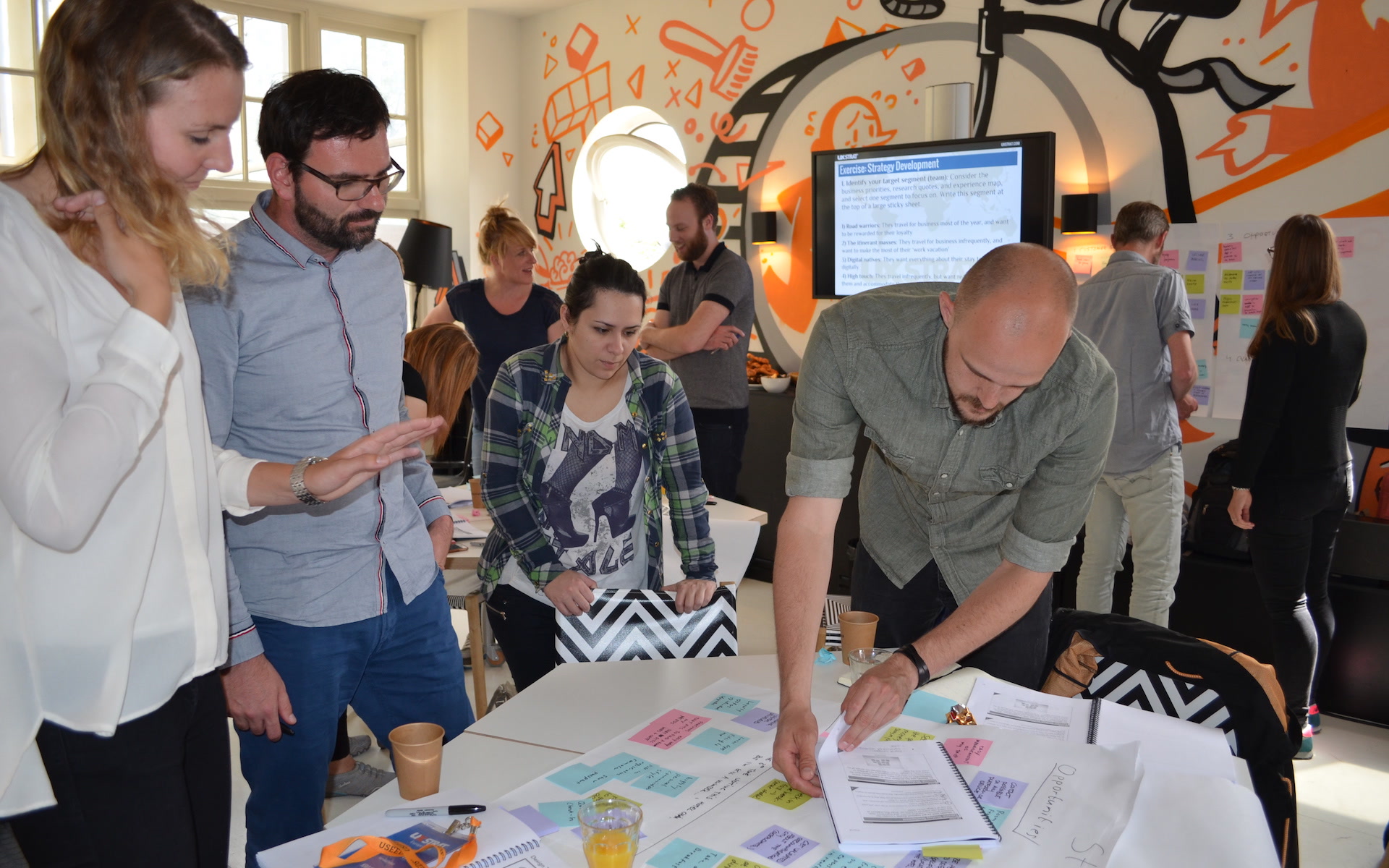
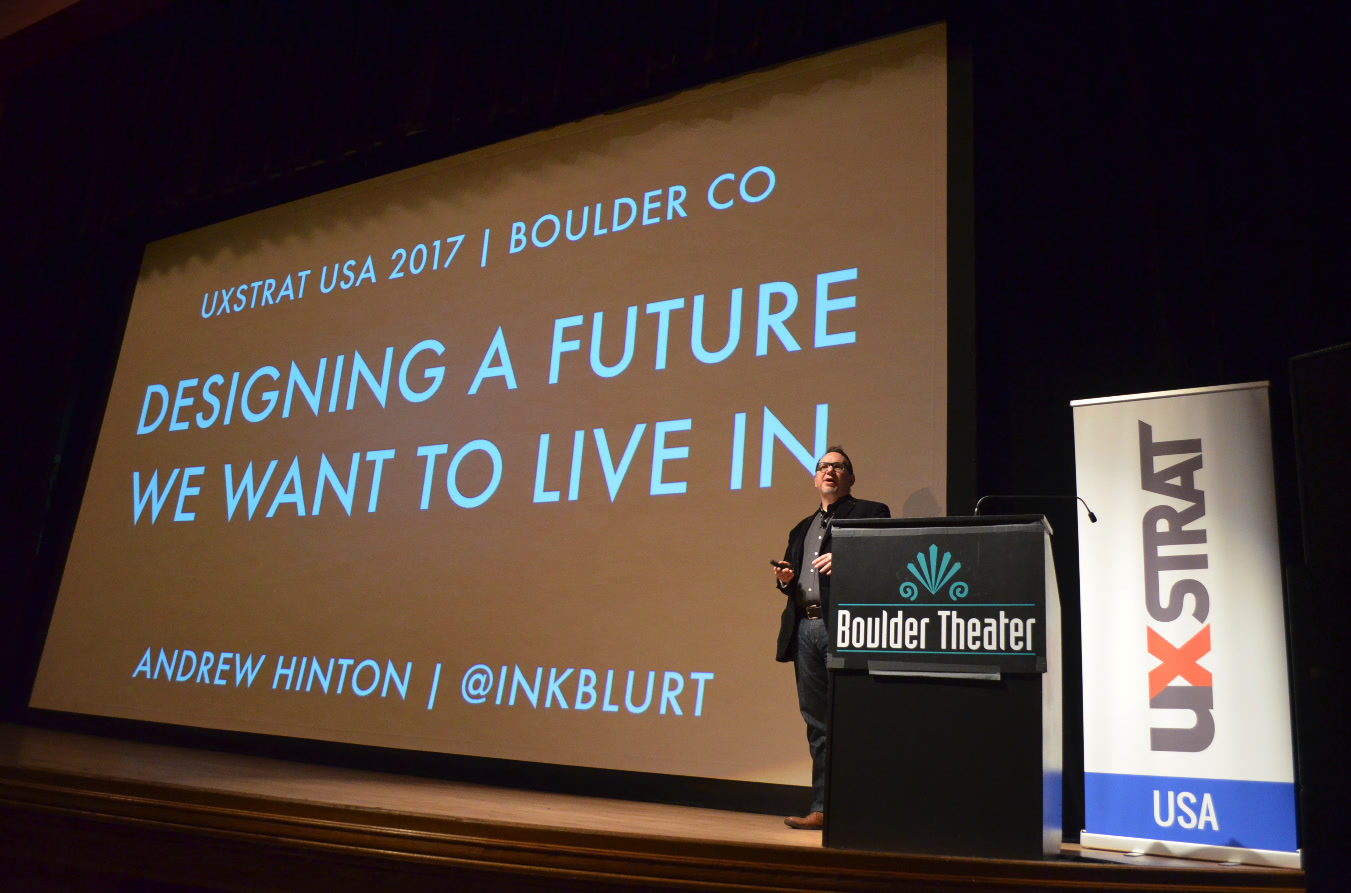
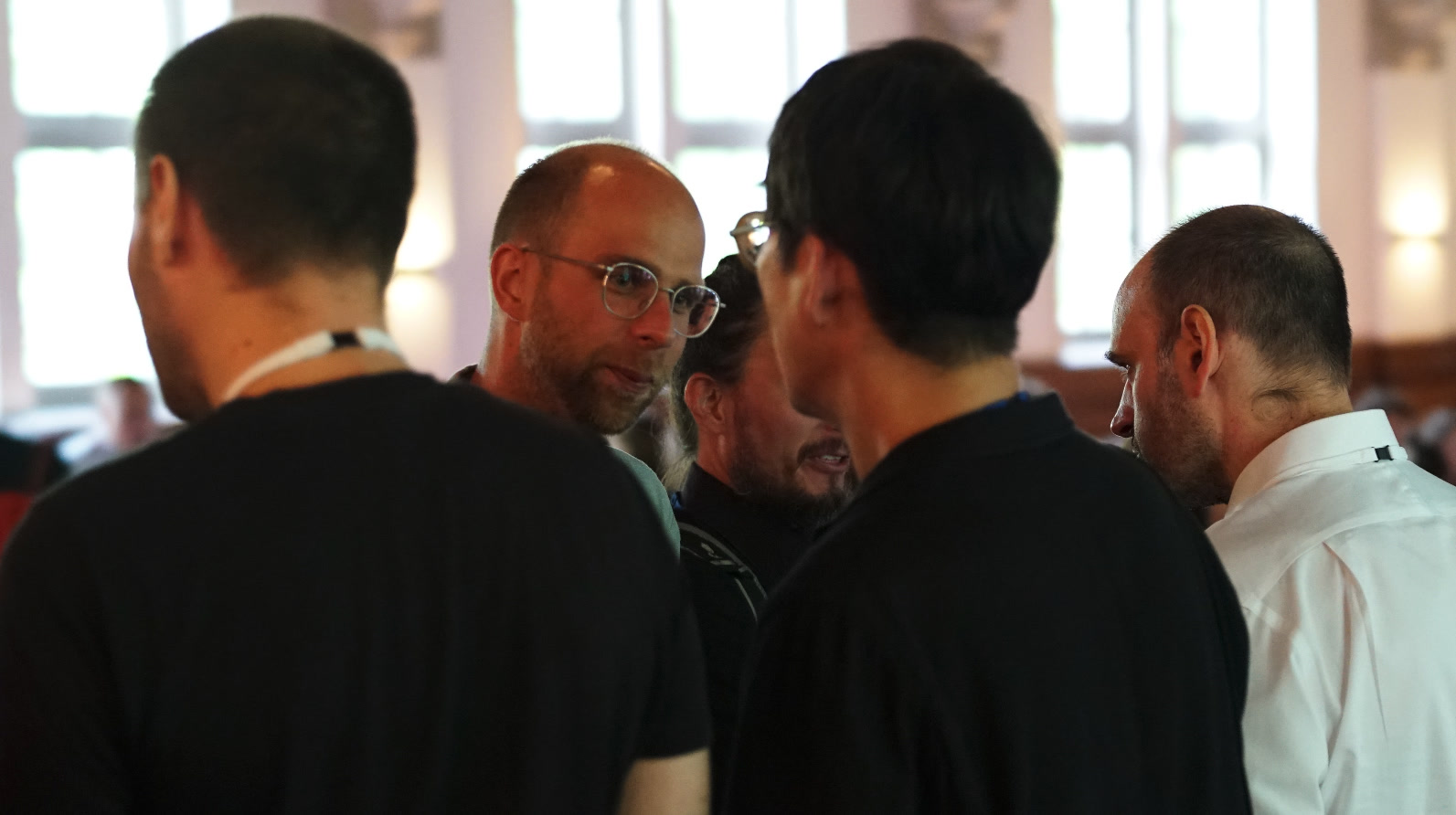
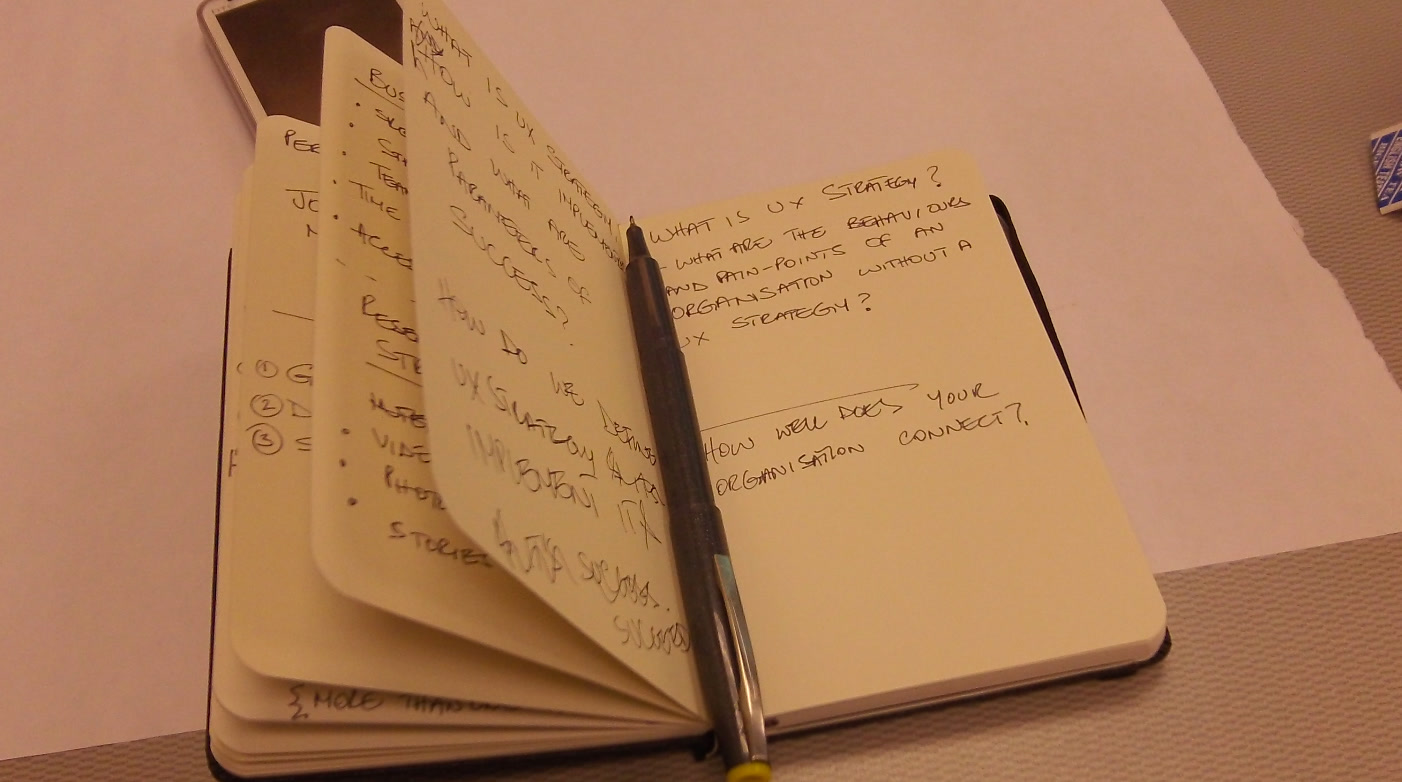
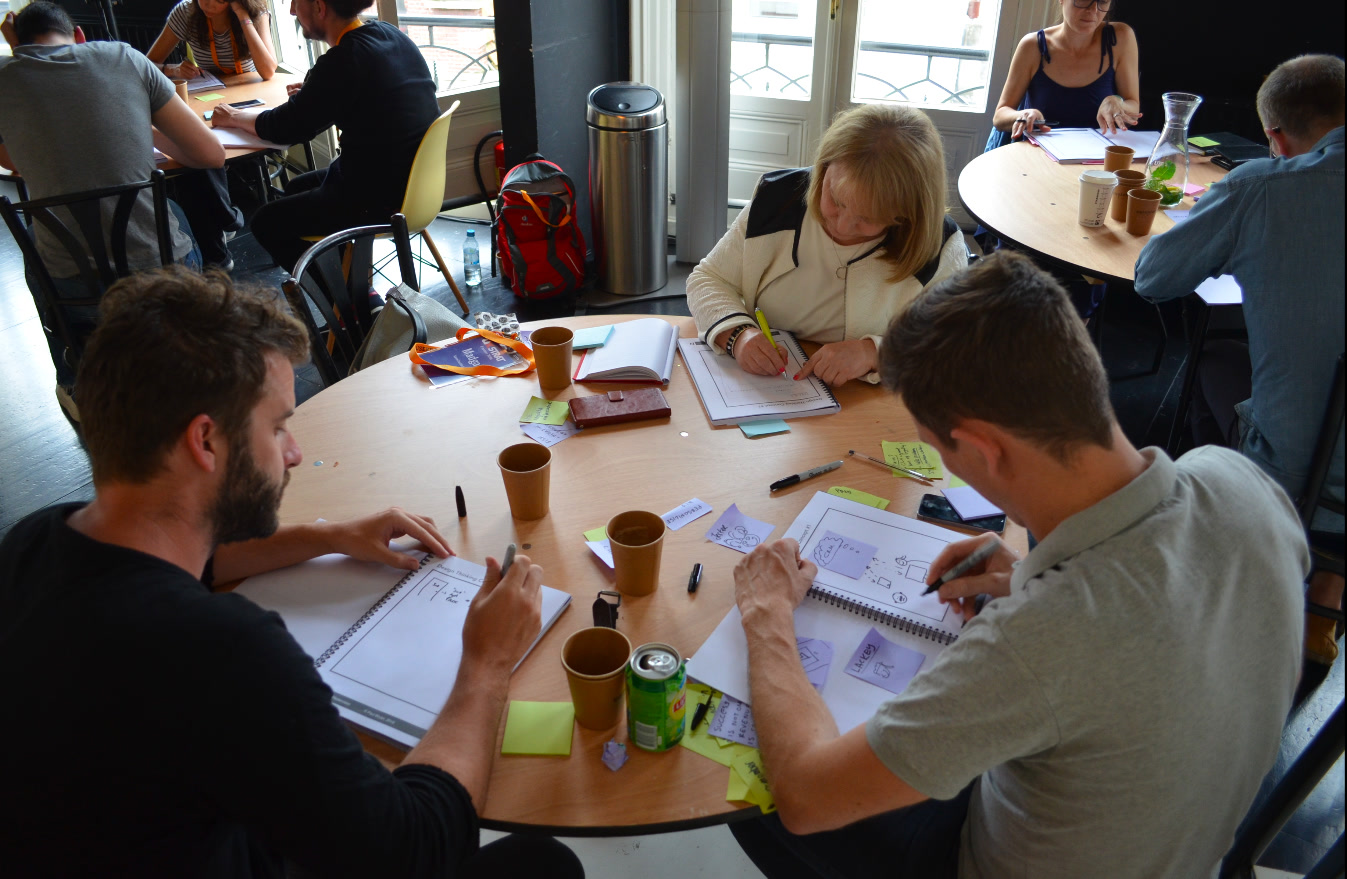
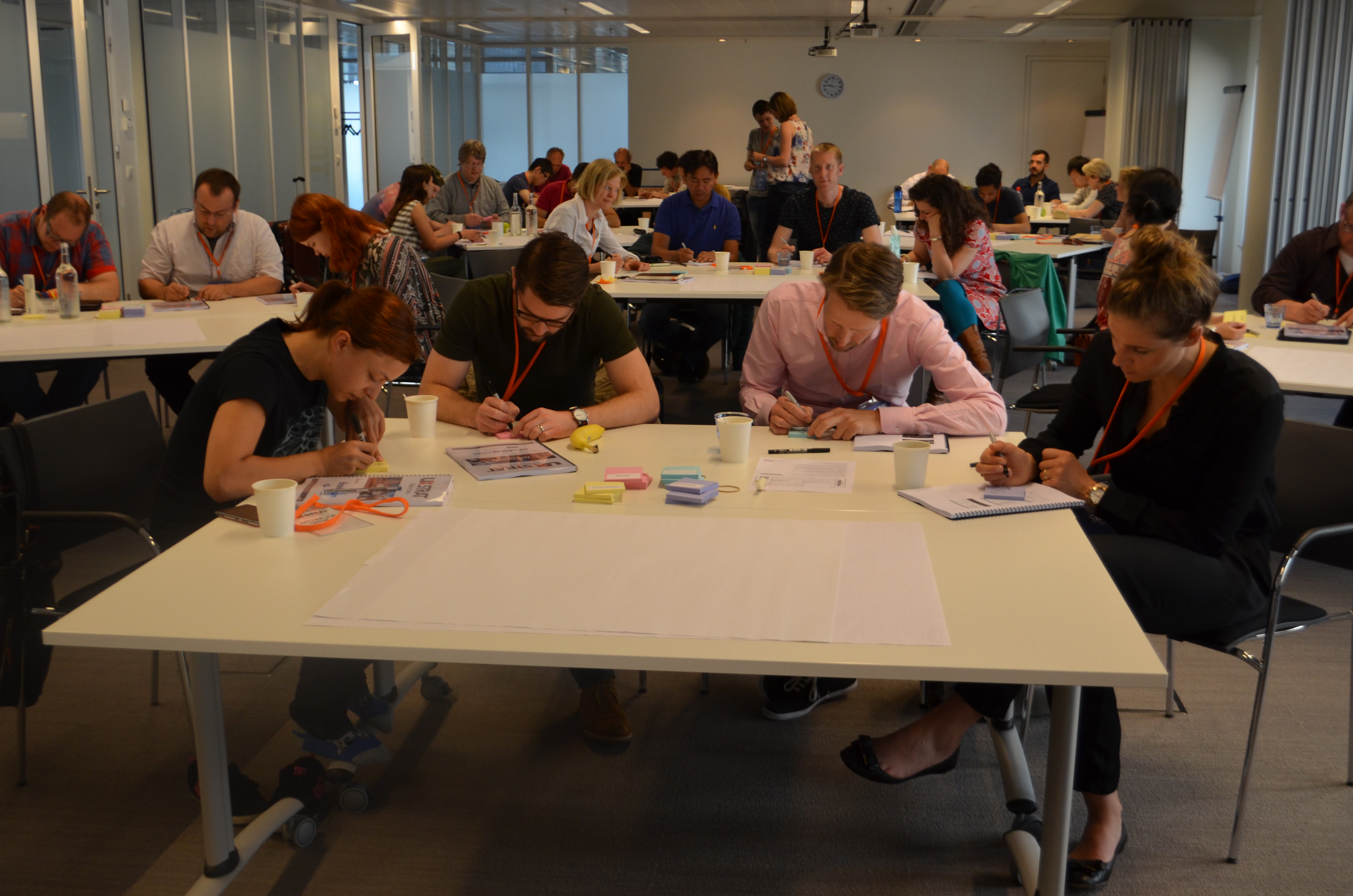
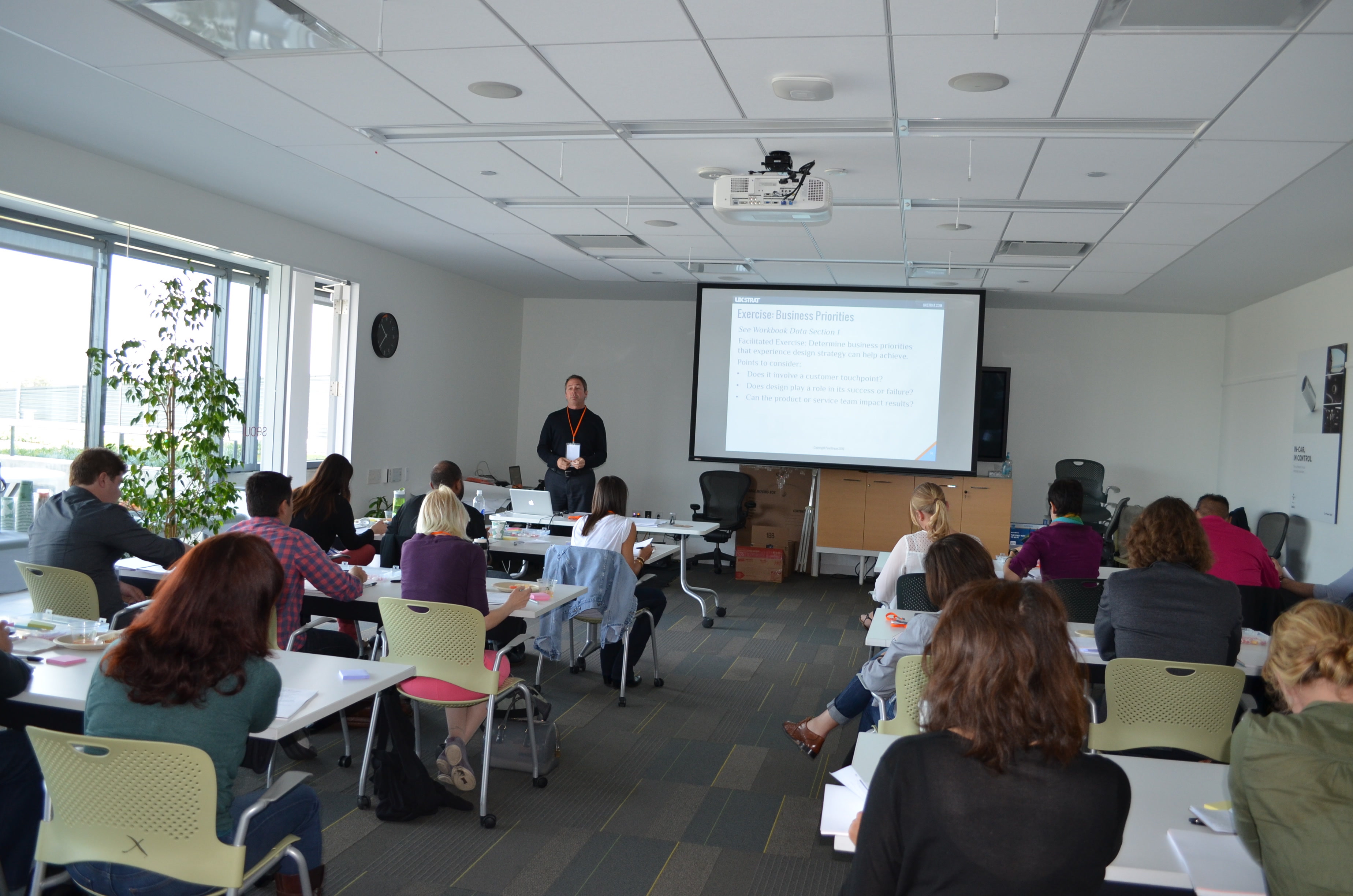
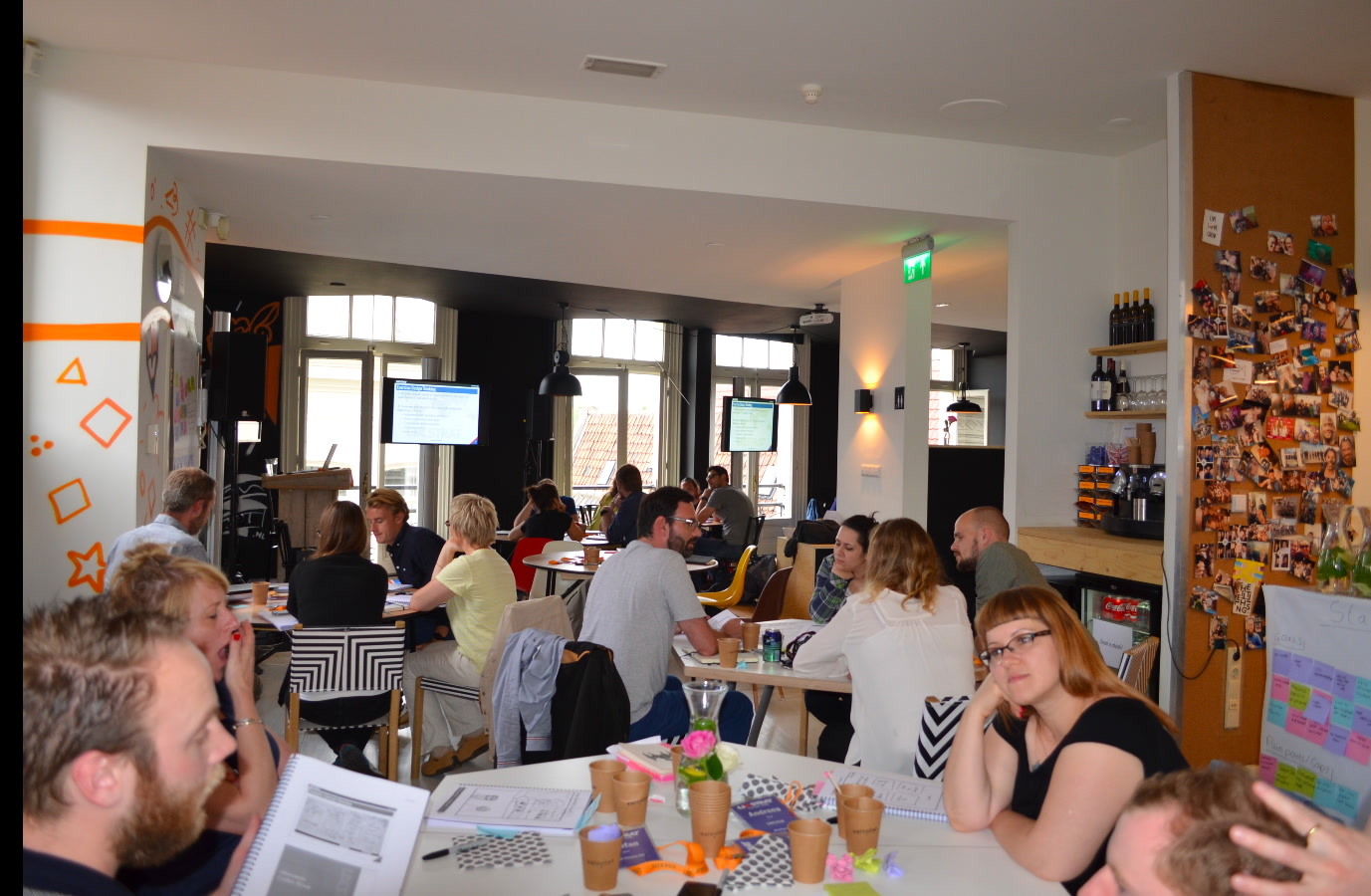
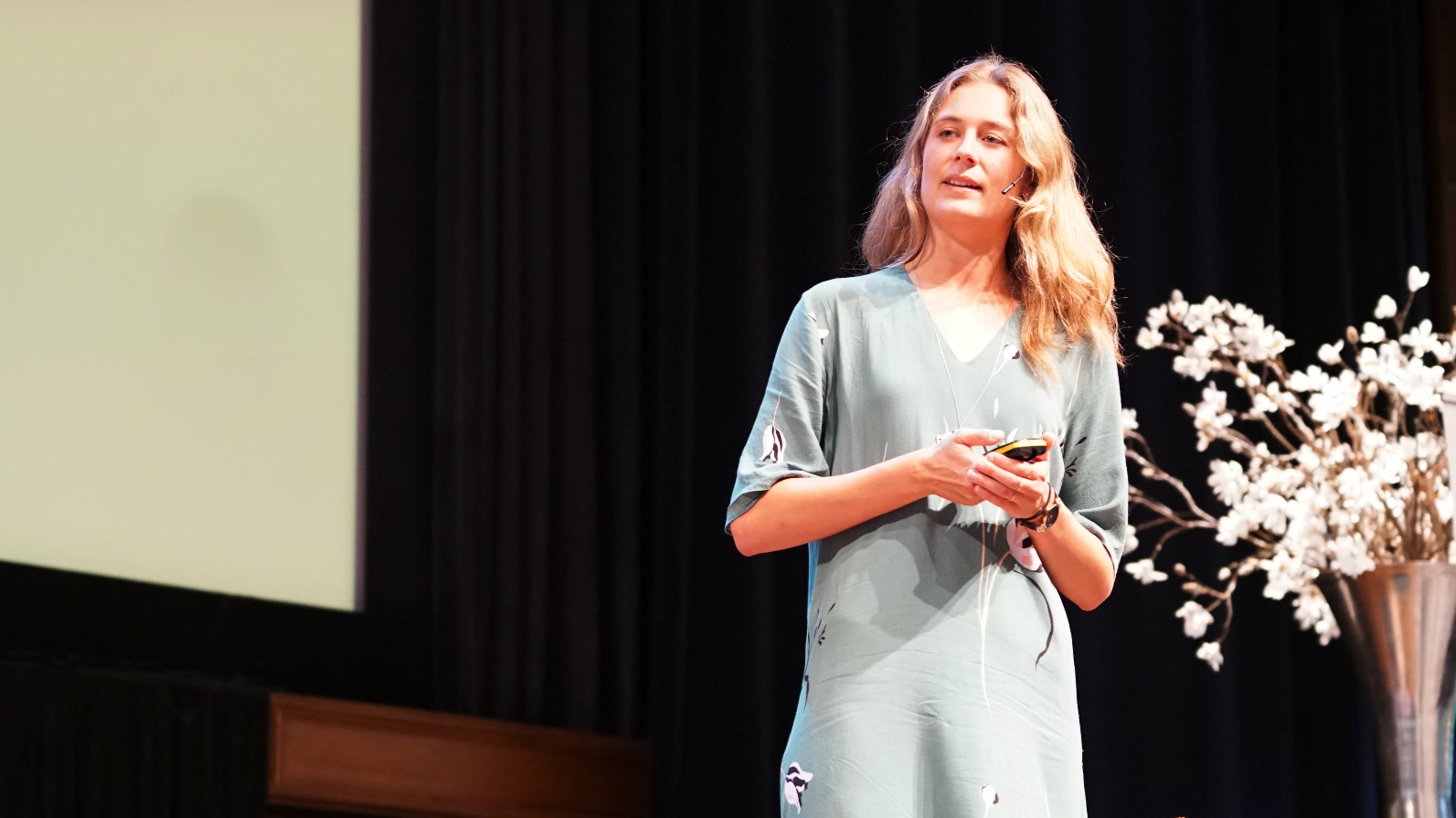

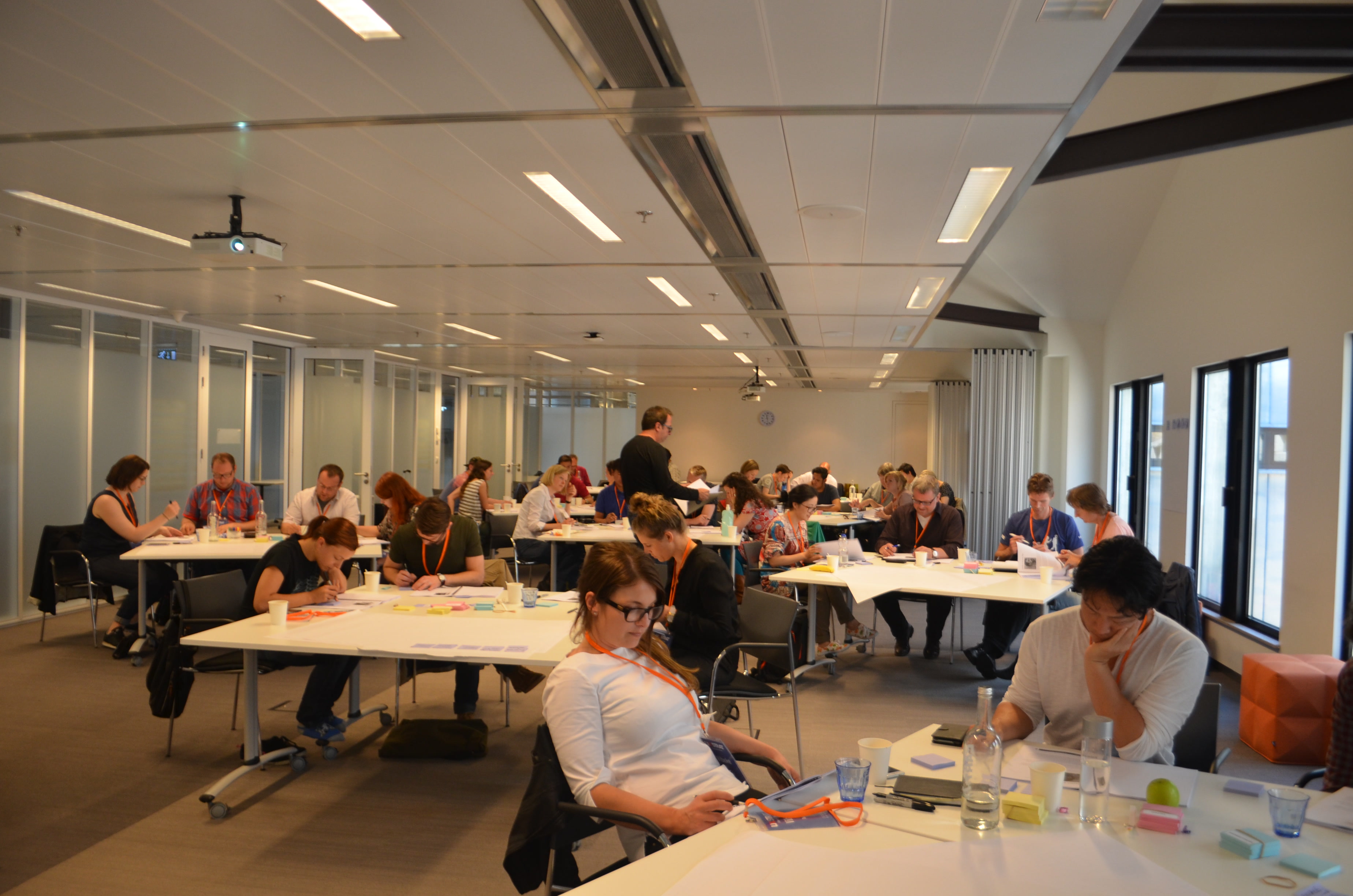
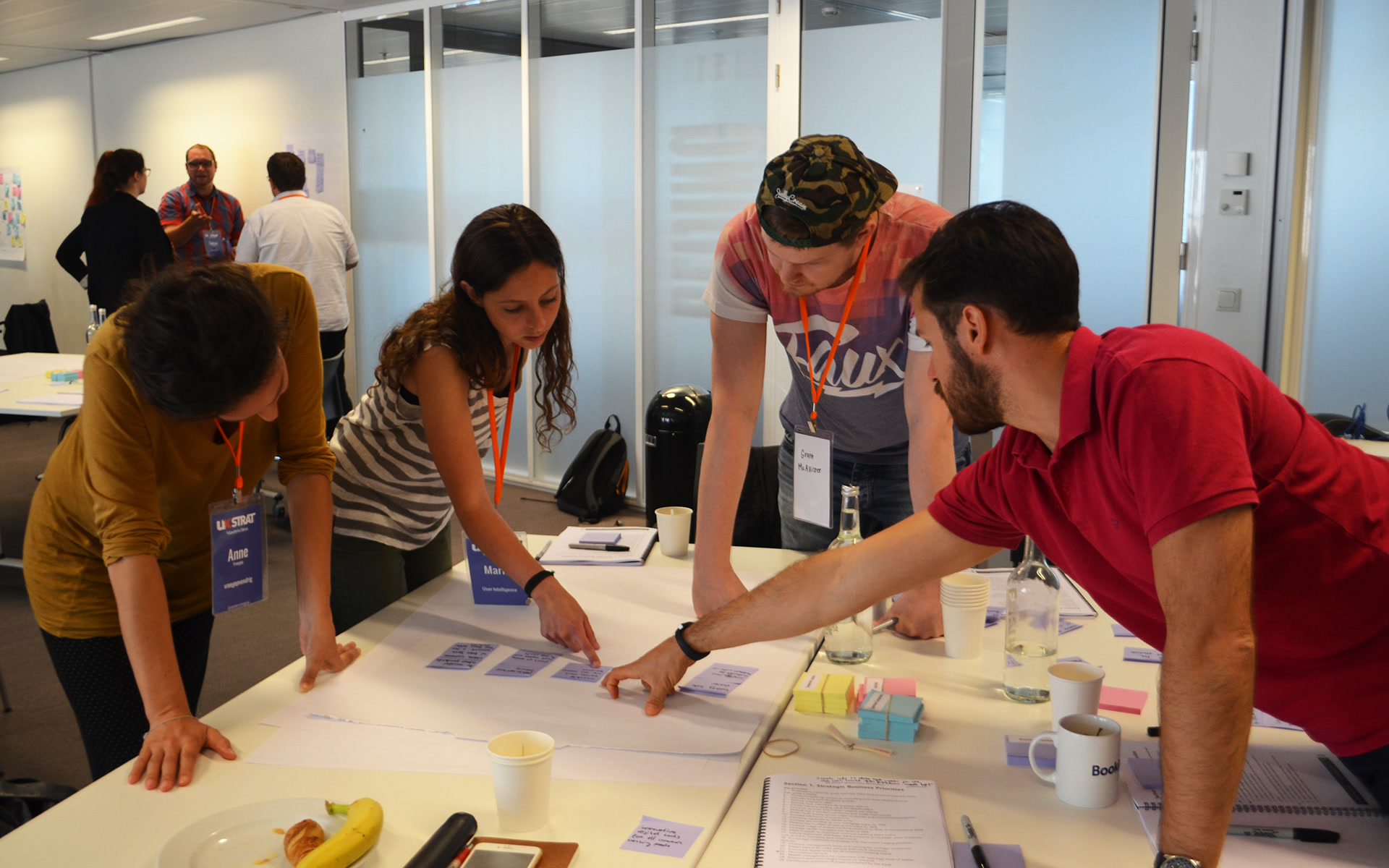
Workshop Offerings
Enterprise AI Use Case Ideation and Prioritization
This half-day workshop helps cross-functional teams surface enterprise friction, translate vague ideas into concrete AI use cases, and prioritize a small number of defensible candidates worth further investigation.
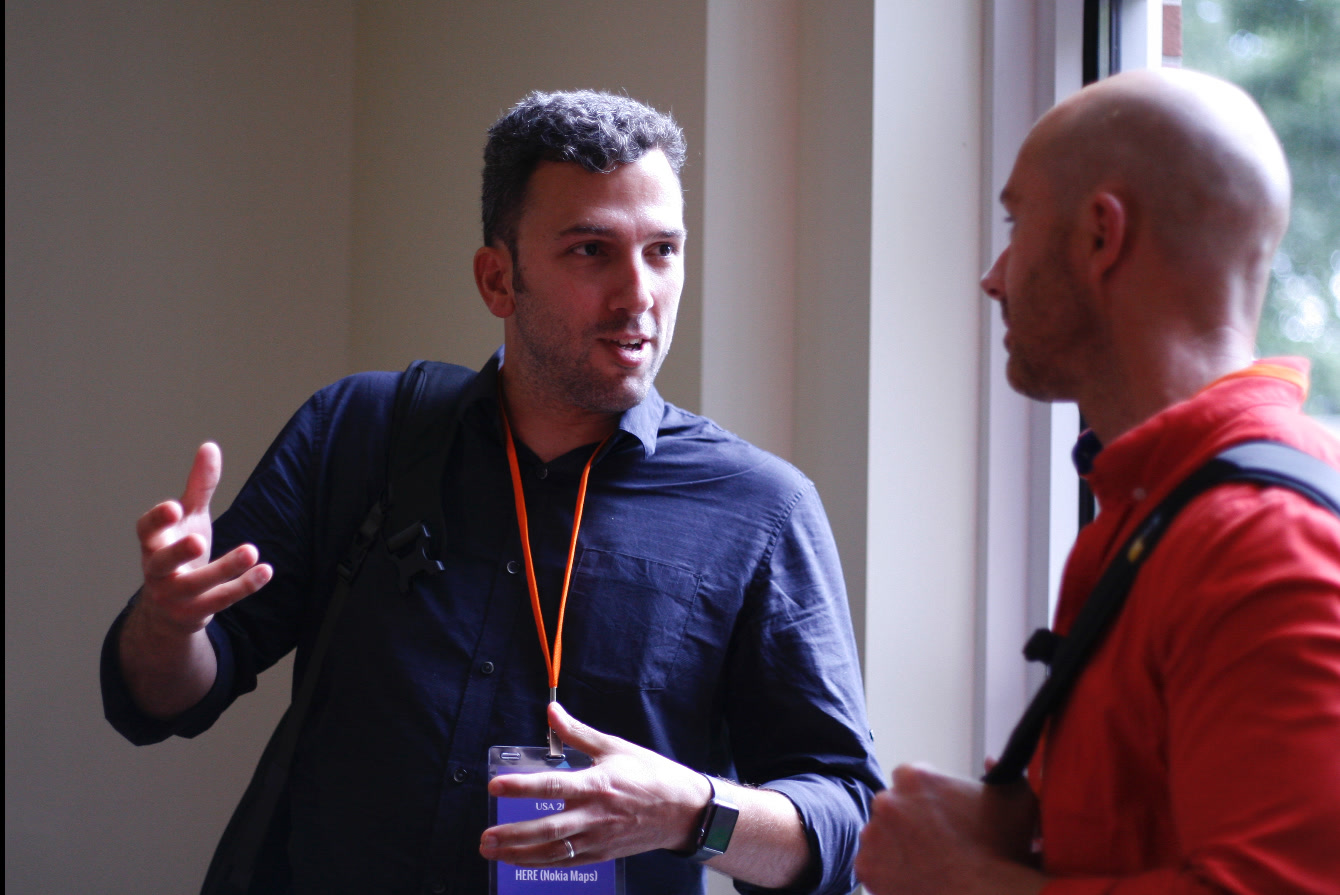
What participants will learn to do:
- Identify costly enterprise friction points across functions
- Distinguish AI-suitable problems from automation or process change
- Use a structured canvas to assess value, feasibility, risk, and dependencies
- Surface data readiness and organizational constraints early
- Prioritize 1 to 3 realistic candidates for pilots or deeper feasibility work
Enterprise AI Use Case Deep Dive and Feasibility
This full-day working session takes one prioritized use case into a structured, cross-functional deep dive to surface feasibility, risks, constraints, and false assumptions before a pilot or build begins.
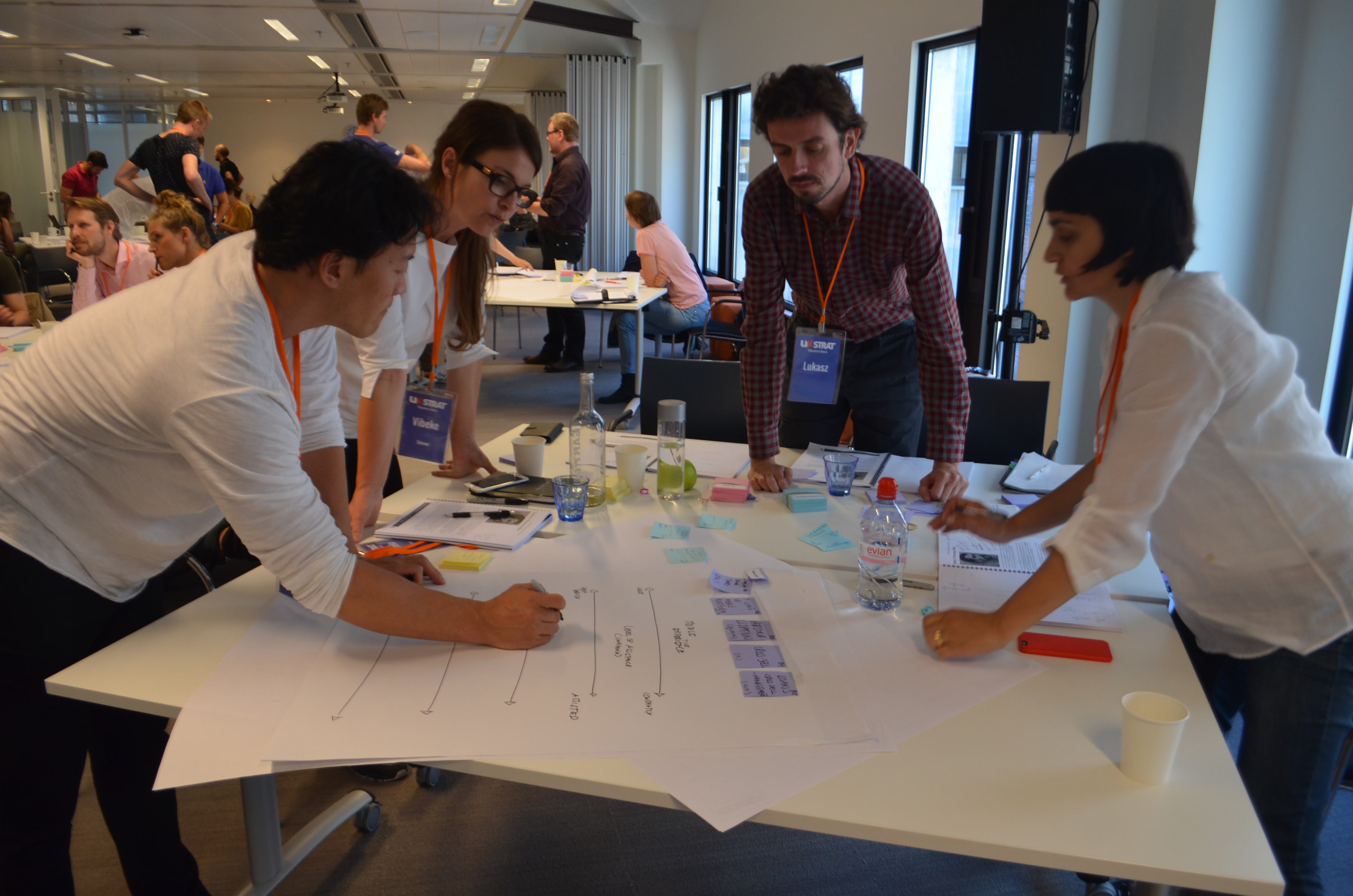
What participants work through:
- Examine one high-priority AI use case in detail
- Map the human experience using storyboards and scenes
- Identify the specific AI capabilities required
- Translate one critical moment into a system-level action flow
- Surface data requirements, constraints, failure states, and recovery paths
- Define a narrow prototype slice to test key assumptions safely
From Workshop to Pilot
STRAT supports early pilot planning and risk reduction through short, focused engagements.
Pilot Scoping
Pilot scoping and success criteria definition to ensure clear goals.
Data Readiness
Data readiness and dependency mapping to prevent stalls.
Governance
System behavior and governance documentation for compliance.
Risk Summary
Executive-ready feasibility and risk summaries for decision makers.
These engagements are intentionally narrow and time-bound, designed to prevent pilot sprawl and unclear ownership.
The Long-Term Vision:
AI Pods and the AI Experience Architect ™
STRAT's long-term vision is an enterprise operating model where AI work is owned by cross-functional pods, typically including Product, Data Science, Engineering, UX, and Governance.
At the center of this model is the emerging AI Experience Architect (AIXA) role, responsible for ensuring AI systems are valuable, feasible, transparent, and defensible across the organization.
The AI Experience Architect certification and training program is currently in development. Early workshop participants help shape this model through real enterprise use cases.
The STRAT Method
Discover
Identify enterprise friction and AI-suitable opportunities
Align
Create shared understanding across Product, Data, Engineering, UX, and Governance
Design
Map human-AI workflows, system behaviors, and guardrails
Validate
Test assumptions and feasibility before committing to pilots